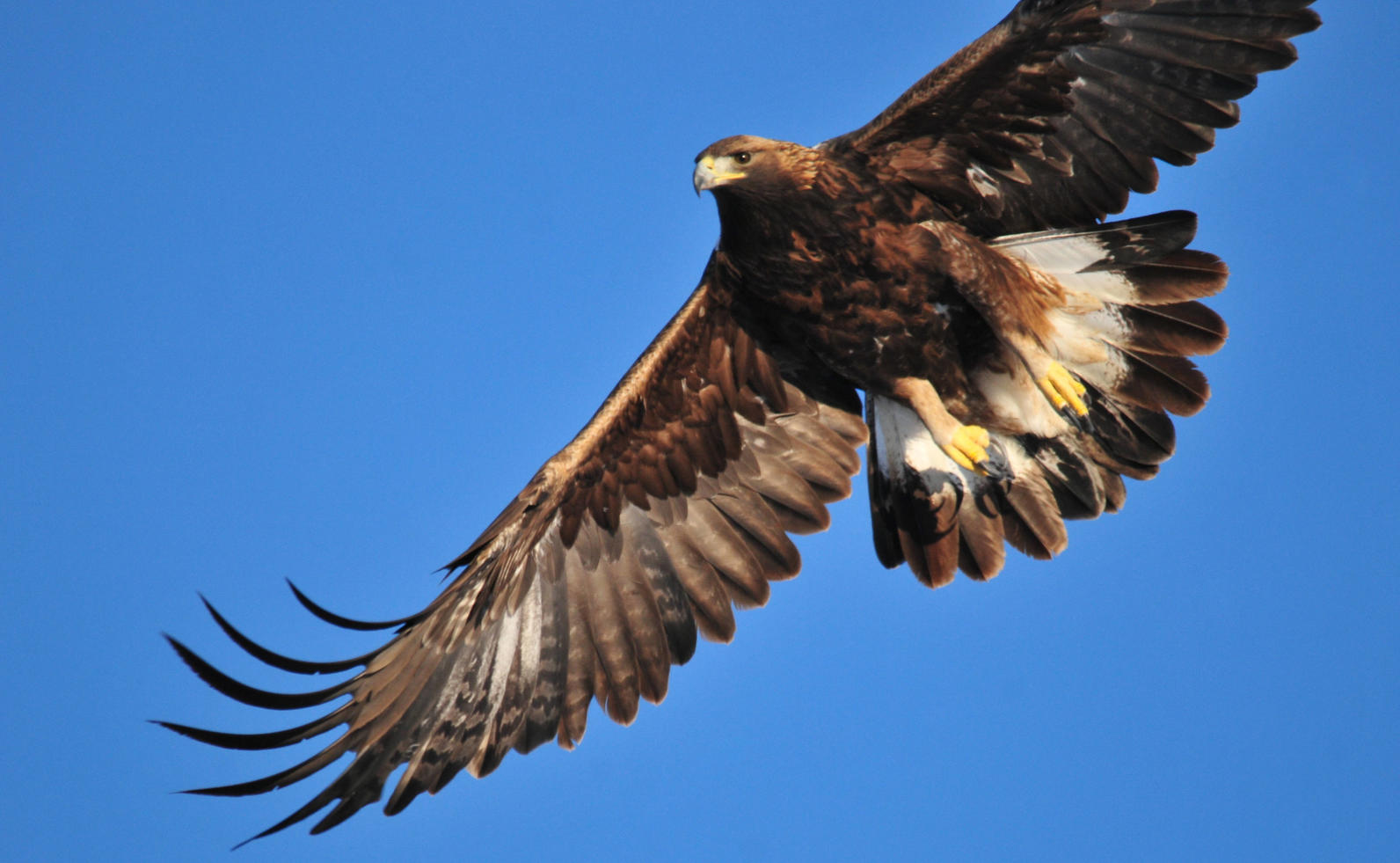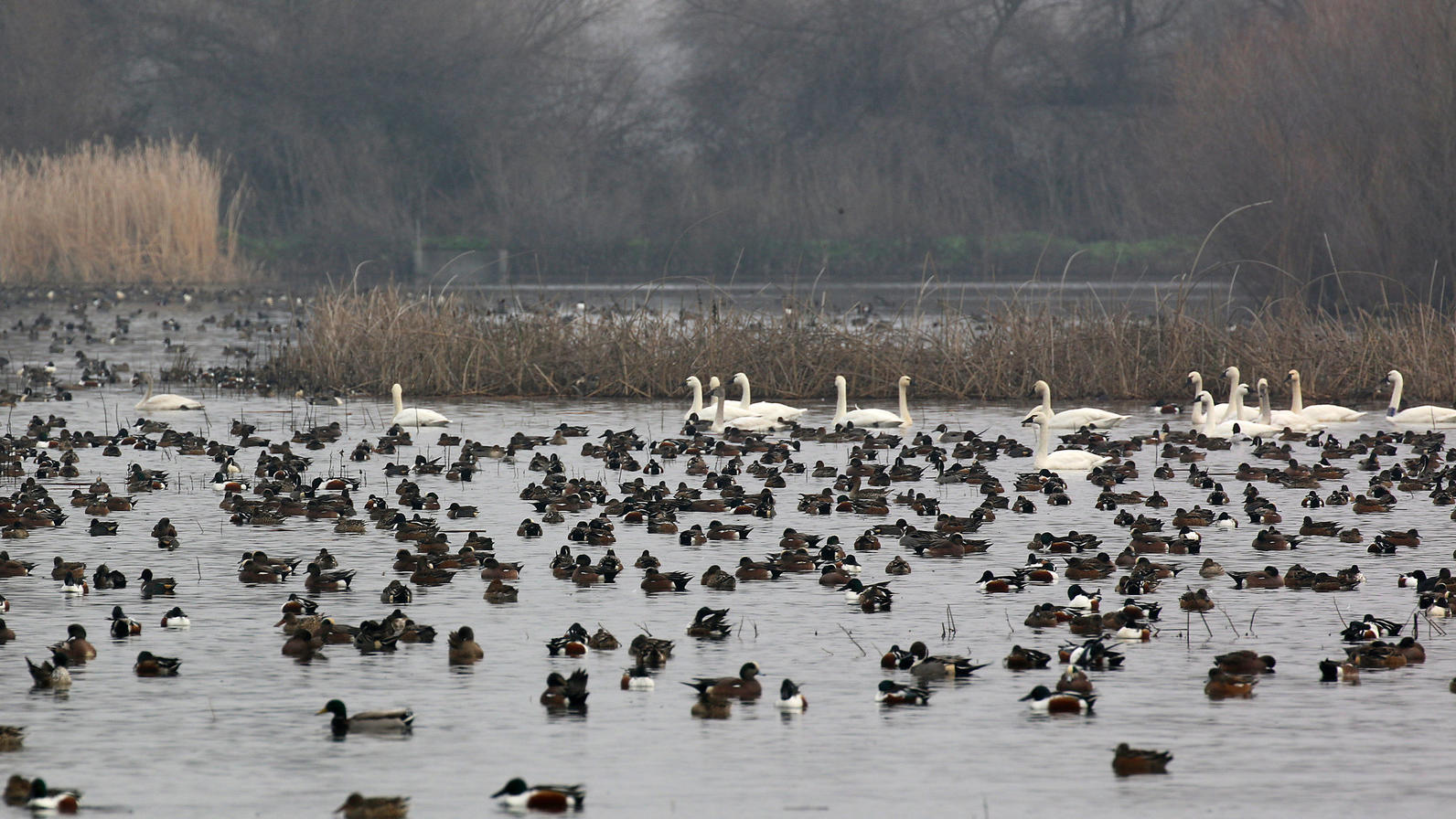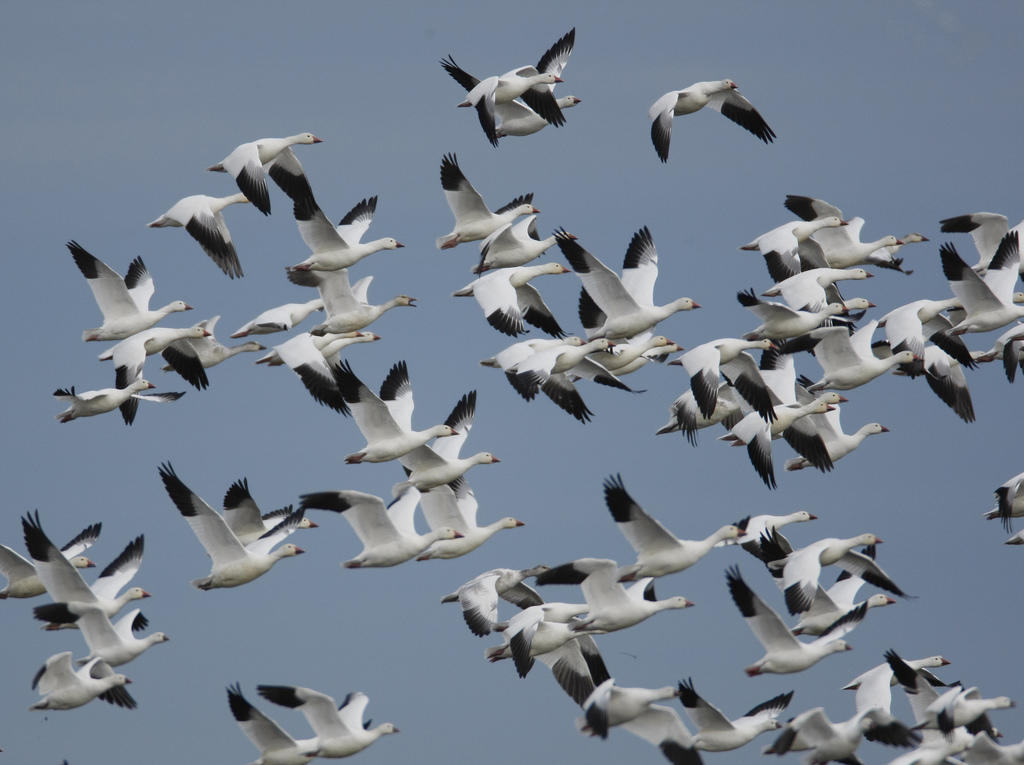Latest News and Updates from Audubon in California
California Condor. Photo: Scott Frier/USFWS

To the great disappointment of Audubon, the U.S. Fish & Wildlife Service earlier this month finalized a 30-year permit that will allow private and public developers in the United States, including energy companies, construction projects, and homeowners, to apply for 30-year “incidental-take permits.” These licenses absolve them of a predetermined amount of Bald Eagle deaths every year, and exempt them from being prosecuted under the Bald and Golden Eagle Protection Act. This amounts to a six-fold increase from the existing permit duration. Species such as the Bald Eagle and Golden Eagle are normally protected by federal laws, including the Migratory Bird Treaty Act and the Bald and Golden Eagle Protection Act.
Good article in the Santa Rosa Press Democract about toyon, which provides a lot of food for winter birds:
"Resident and migratory birds such as quail, finches, towhees, California Thrasher, bluebirds, flickers, bluebirds, grosbeaks, waxwings, band-tailed pigeons and mockingbirds feed on them. It takes about two months for the berries to ripen, which is why they persist so long. During this period the berries ferment, a process that breaks down toxic chemicals contained in them, rendering them palatable and highly desirable as food for birds."

Over the objections of Audubon California and other conservation organizations, Congress over the weekend passed major water infrastructure legislation that included last-minute language that has the potential to undermine the Endangered Species Act and destabilize the wetland habitat that millions of birds need to survive.
The issue was difficult, because members of Congress were eager to pass the larger Water Resources Development Act that contained vital funding for projects around the country, and this controversial language was inserted into the bill in the last few days, giving representatives very little time to remove it.
More than 3,700 Audubon activists joined the chorus objecting to the language, but the language still passed.

According to a new study, we have have grossly underestimated the number of bird species.
Watch this terrific video about UCLA assistant researcher Melanie Barbon and the hummingbirds she sees at the feeder outside her office. Read more about her here.
Our newsletter is fun way to get our latest stories and important conservation updates from across the state.
Help secure the future for birds at risk from climate change, habitat loss and other threats. Your support will power our science, education, advocacy and on-the-ground conservation efforts.
Join the thousands of Californians that support the proposed Chuckwalla National Monument.